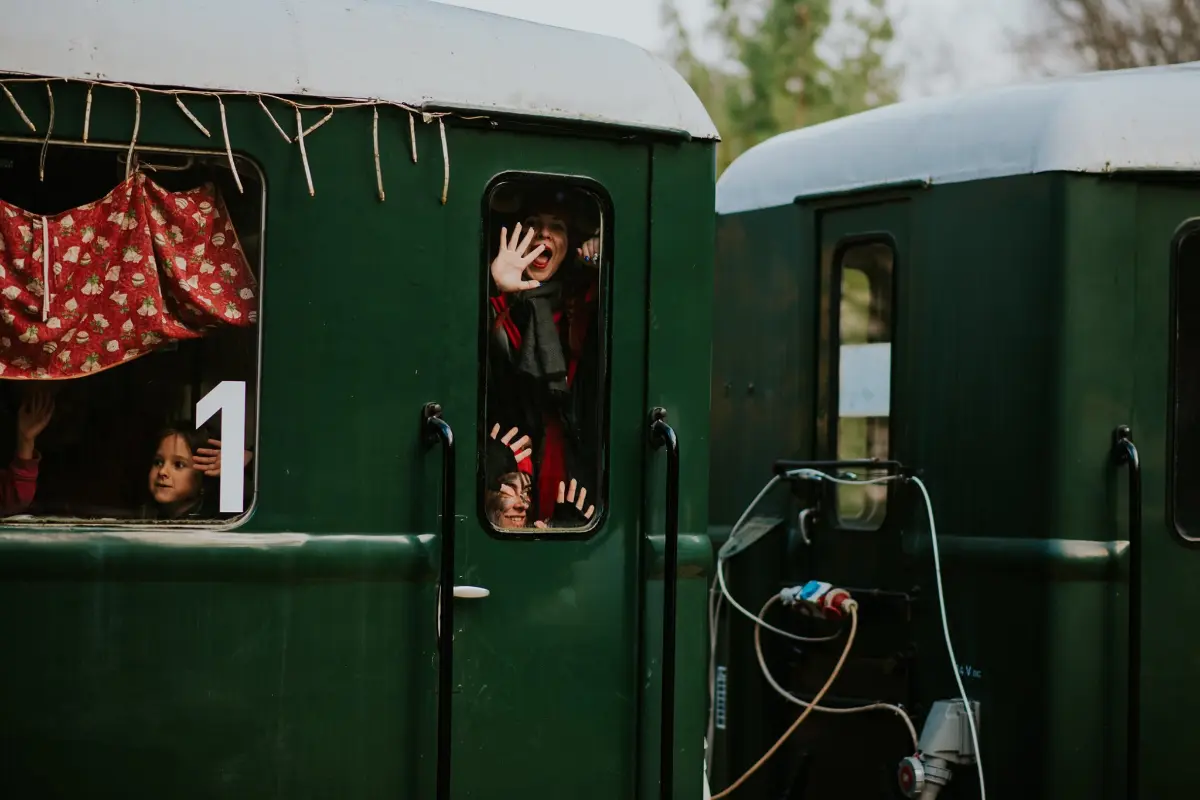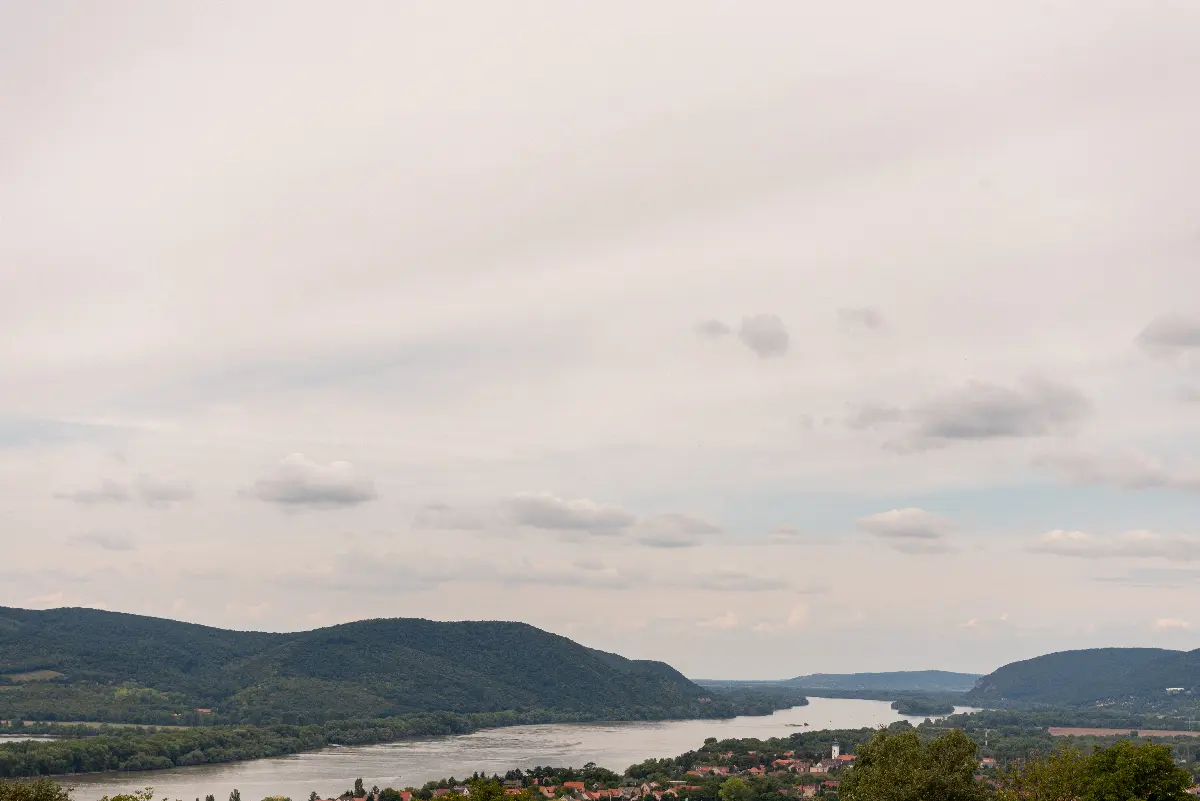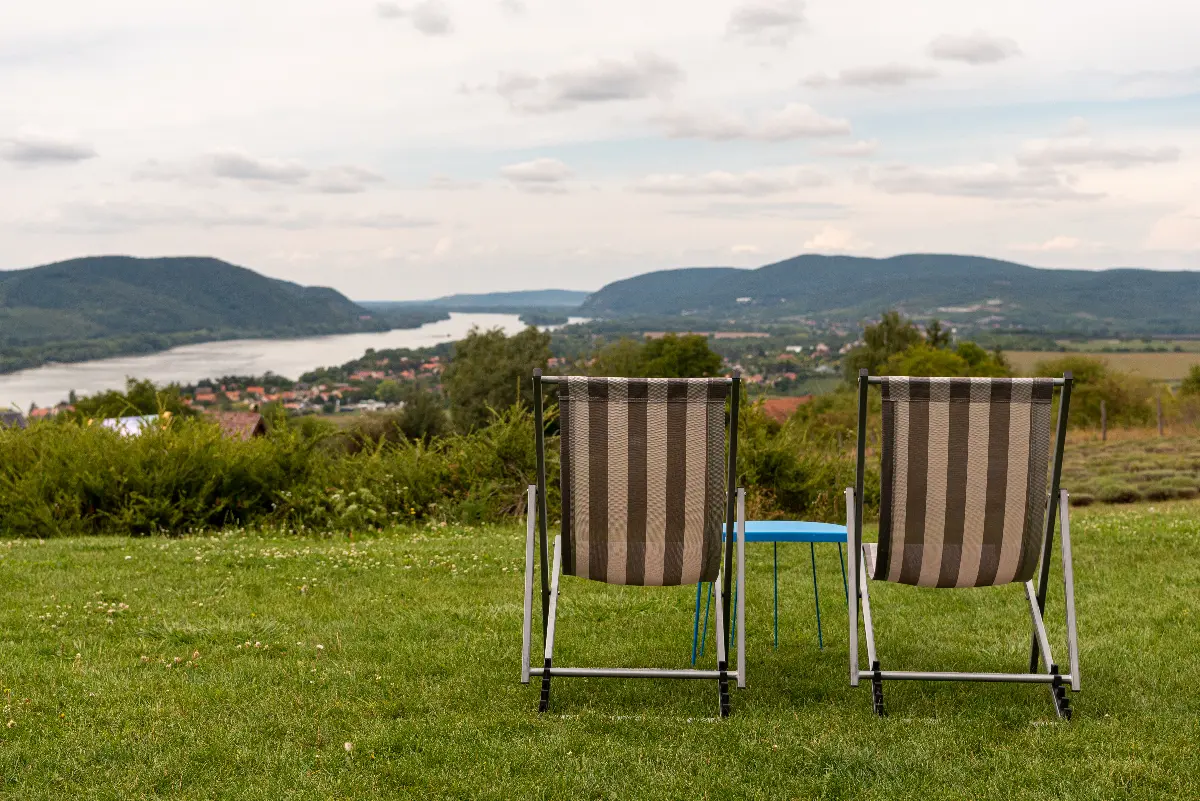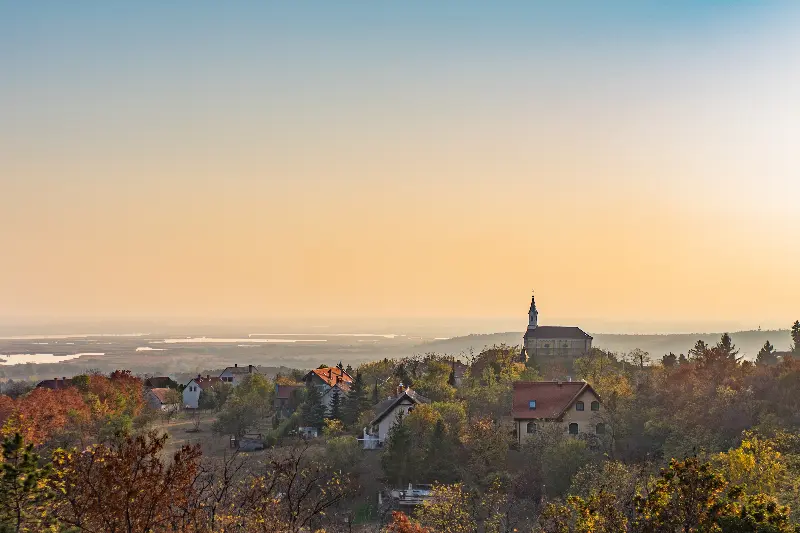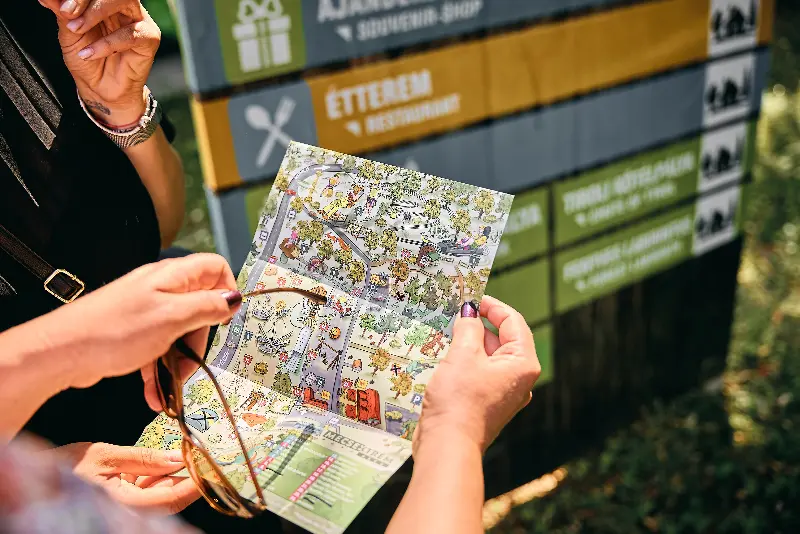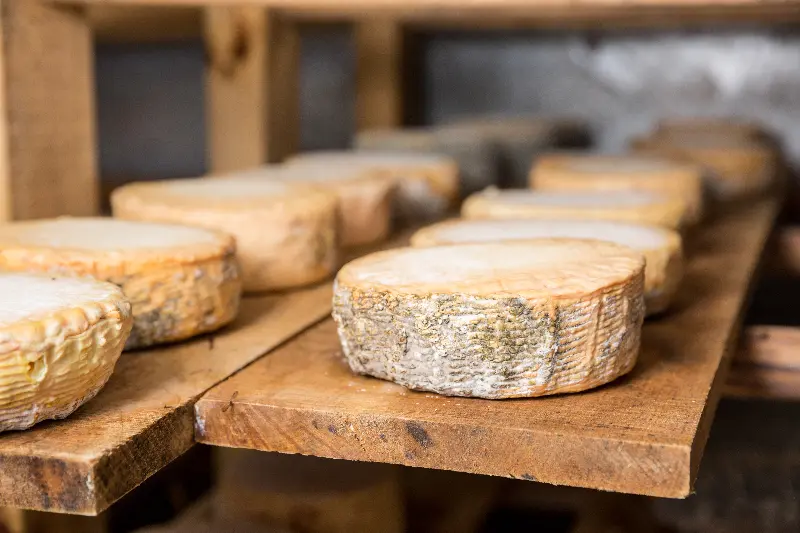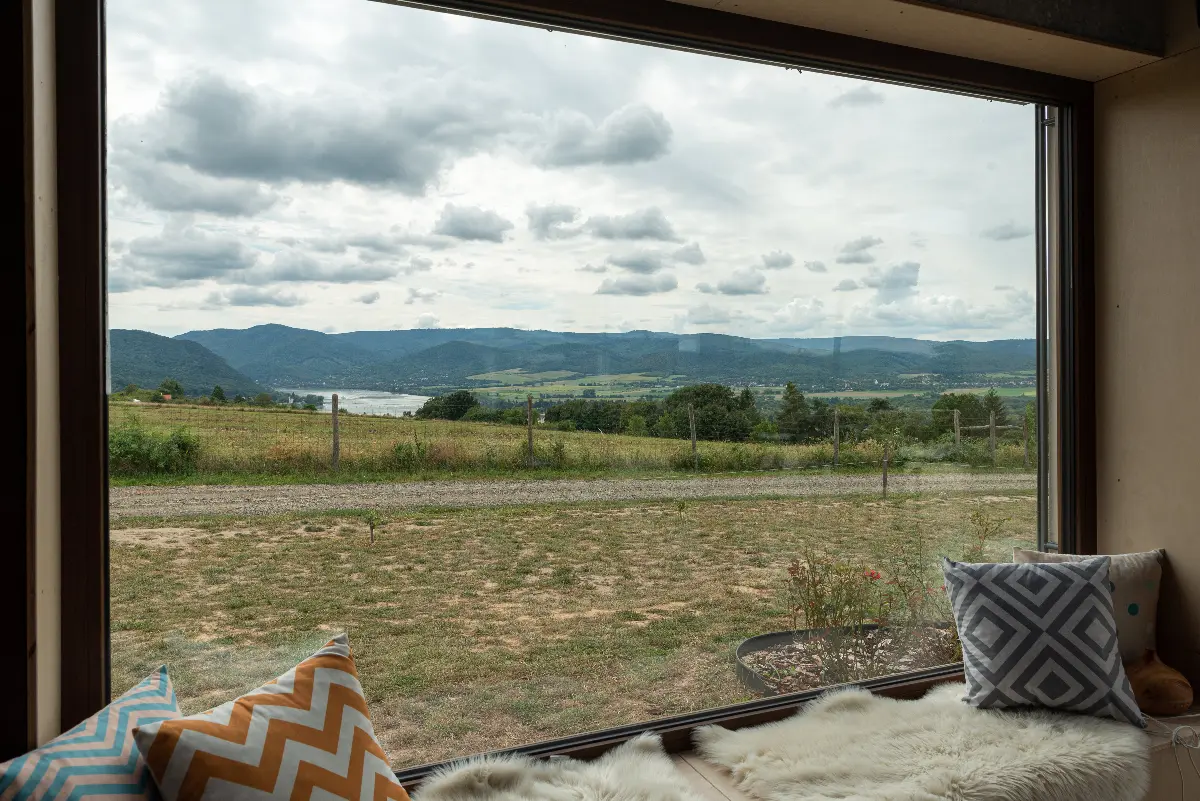
Helyszín címkék:
Travel, experience and relax in the spirit of ‘slow travel’
Szabó Sára
In September 2015, at the 70th United Nations’ General Assembly, world leaders adopted a new sustainable development framework, Agenda 2030 – The 2030 Agenda for Sustainable Development. This global agenda sets out 17 goals and 169 sub-goals to move the activities of the world’s inhabitants from the current unsustainable state to one that is more sustainable in economic, socio-cultural and physical environmental terms. Every single player on the planet has a role to play in delivering this agenda: governments, global and local companies, NGOs and individuals.
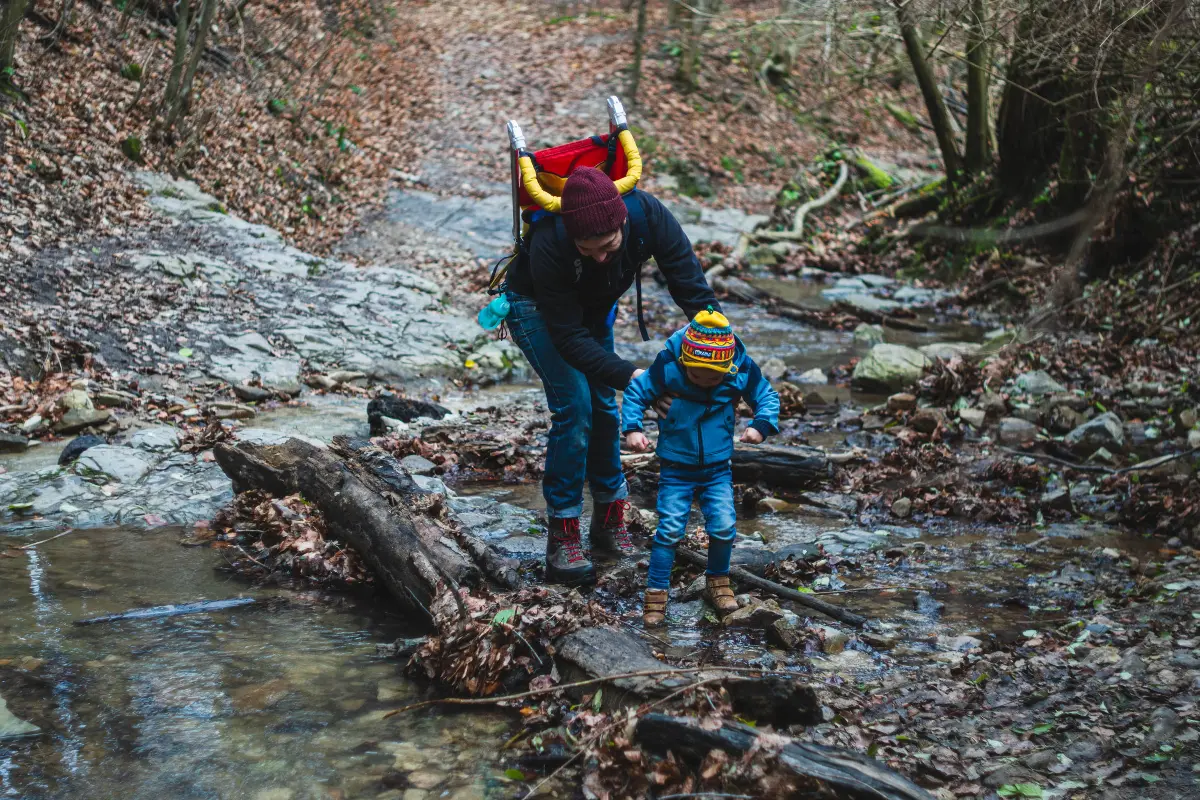
Slow travel – slow down on your travels, too!
Sustainability in travel has also become increasingly important in recent years. Tourism itself, because it is defined as moving out of our usual environment, i.e. travelling from one place to another, often causes significant environmental pressures. However, according to Dr. Kornélia Kiss, there are many ways in which we can contribute to moving the sector towards a more sustainable direction, either as service providers or as travellers.
“Whether you are a tourism service provider, hotel, restaurant, café, bar, transport company, event organiser or shopping centre, there are many good practices. As travellers, we can make a difference to a greener future through the choices we make. If we can, we should take the train instead of flying, and choose a service provider that puts sustainability first,” he says.
The 5Rs – refuse, reduce, reuse, recycle and rot – can help make our journeys more sustainable, both on the service provider and the traveller side.

In recent years, the slow living movement has become more and more popular, one of the related concepts being slow travel. Slow living and slow travel emphasise living in the present, reducing consumption rather than rampant consumption, and choosing local and authentic rather than mass-produced goods. We can also take this everyday “slowing down” with us when we travel: hotels now often offer shared spaces for locals and tourists. Lunching here, eating in restaurants and cafés frequented by locals, avoiding “tourist ghettos”, using public transport, using micro-mobility can go a long way to slowing down and getting into the spirit of the place. In the context of slow travel, you don’t have to miss out on destinations where mass tourism is booming: parks in city centres, green and blue spaces in suburbs, parks, excursion sites and river or lake banks in less frequented areas of big cities, and the “good places” of the locals are all excellent opportunities.
Public transport instead of car and plane
By making ‘greener’ choices about our destinations and the means of transport to get there, we as travellers can make a real difference to the sustainability of tourism: according to the World Tourism Organisation, operated under the aegis of the United Nations, almost 90% of carbon emissions from international travel are attributable to air travel.
“This means that it is worth thinking about destinations that are closer and accessible by train. And if we are talking about closer destinations, we can also focus on the events and festivals that can show us the different faces of a place. Cultural, artistic and musical events, sporting events, fairs featuring local products or the works of local artists, gastronomic festivals, events on special days can all be attractions that may even encourage us to return,” says Dr. Kornélia Kiss.

There are many ways that event organisers can now contribute to greening: waste can be reduced by eliminating single-use plastics and through careful planning, and participants’ environmental awareness can be increased through education, information materials and the introduction of new practices. Careful design, or even omission, of brochures, printed leaflets and local suppliers can also help to reduce costs.

